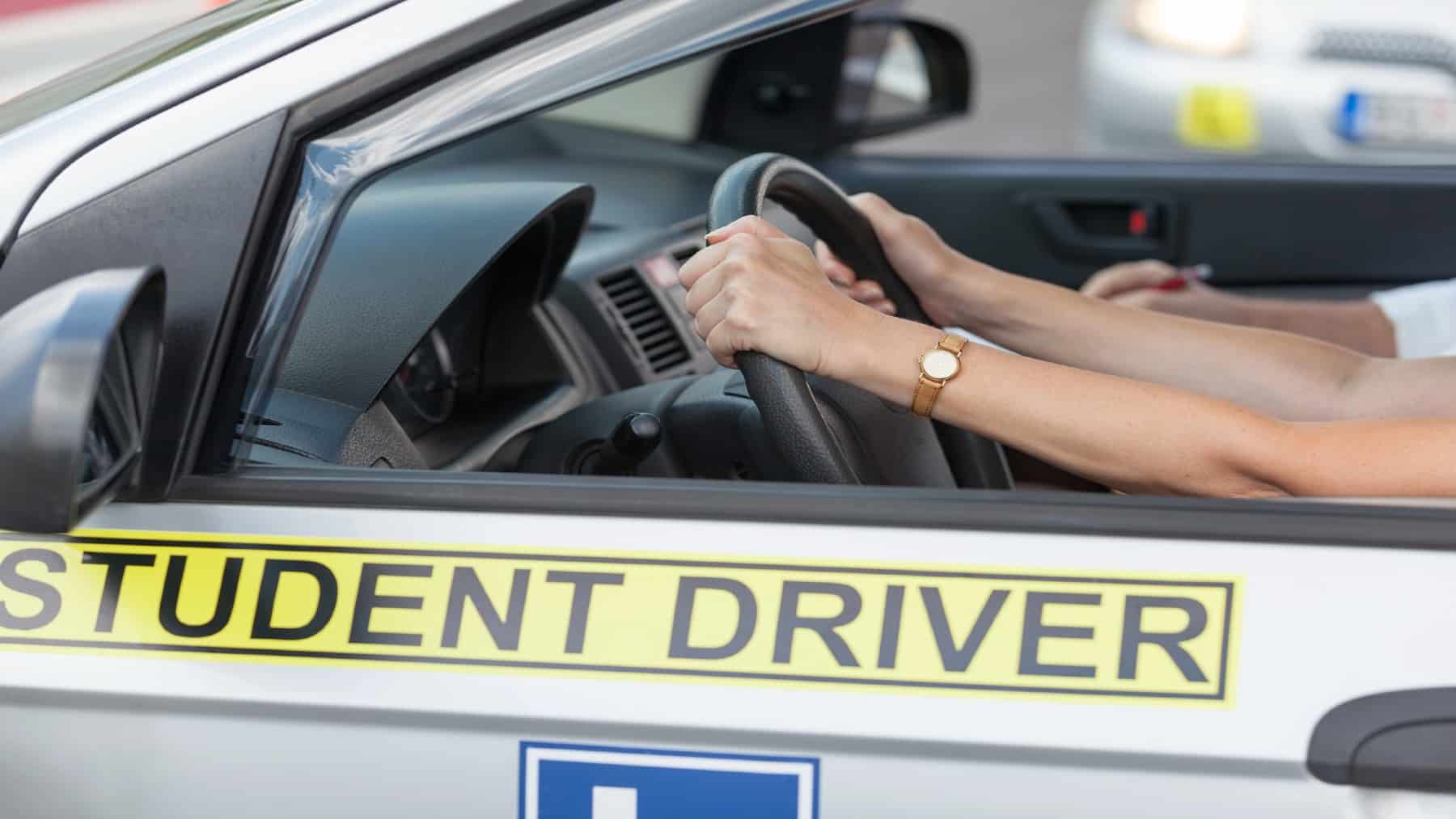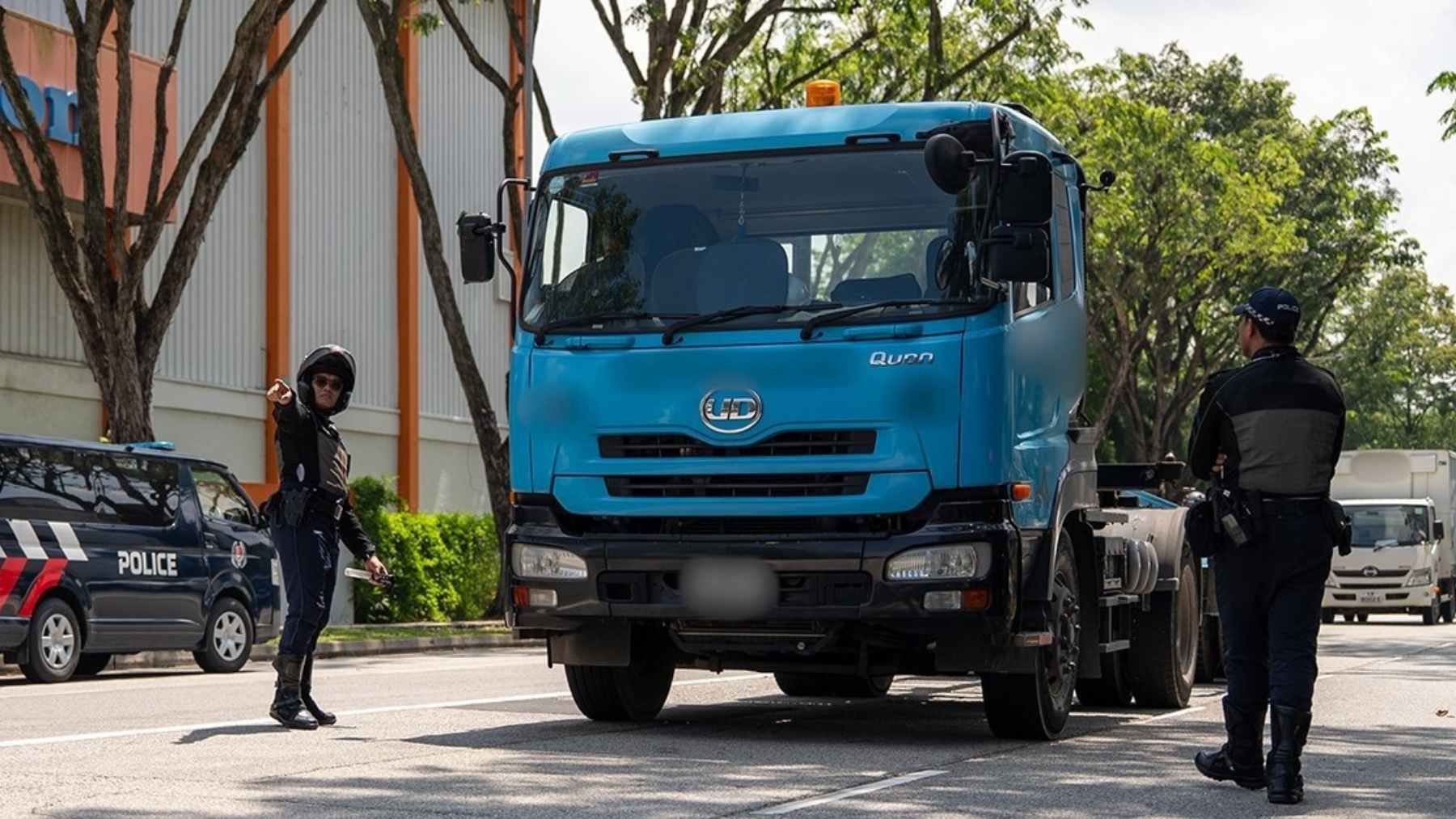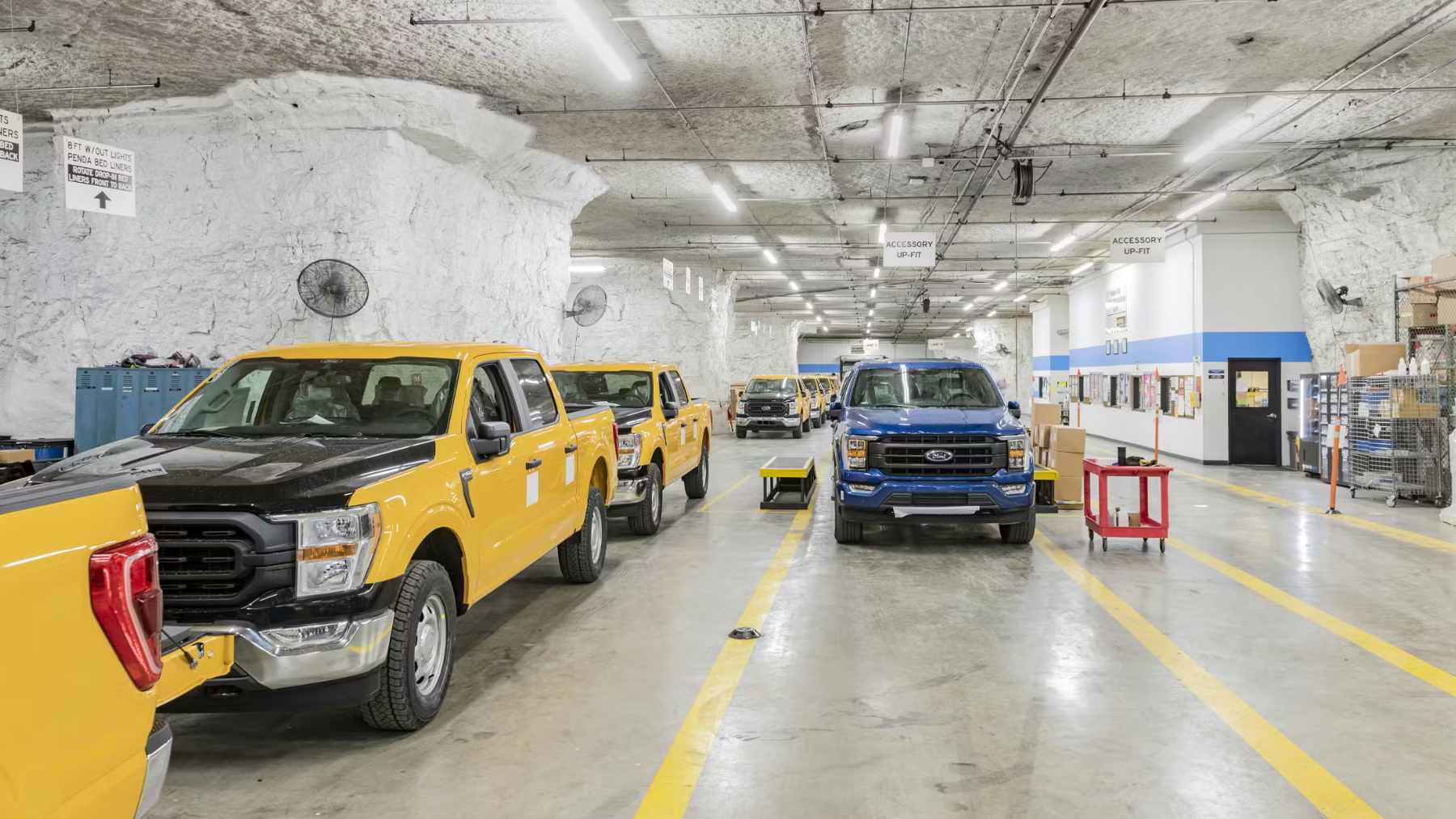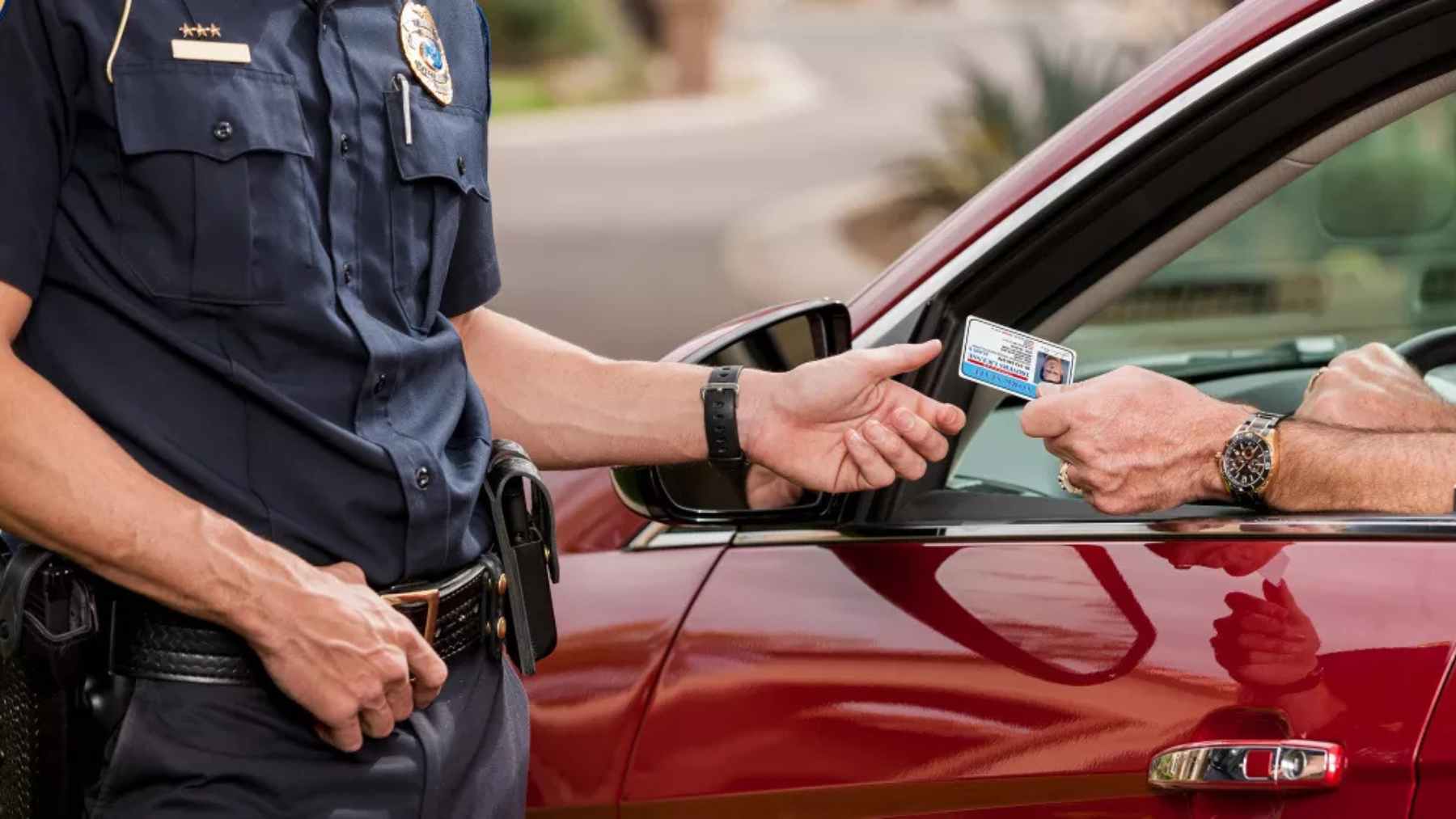Next month, drivers from this state must watch out as new permit laws begin to take effect. Changes to driving laws and regulations are constantly underway in order to respond to the rapidly changing realities on the roads to ensure that the safety of road users remains a top priority. While many of these laws and changes in policies are aimed at stamping out reckless driving behaviour, such as speeding, this one state is preparing for something more futuristic with this new piece of legislation.
Keeping the roads safe amidst changing realities
No other pieces of legislation and policy are perhaps more regularly updated than road traffic laws. Thanks to changes in traffic patterns, updates in vehicle technology, and changes to the number of drivers using passenger vehicles, lawmakers are consistently needing to monitor the roads and respond accordingly to update legislation to keep road users safe.
Many of these updates to legislation and policy generally refer to stamping out illegal driving behaviours. Speeding is generally the number one concern of lawmakers, with many states across the country recently introducing harsher penalties for drivers who are caught breaking speeding laws. Additionally, more locations are relying on the assistance of automated camera technology to catch drivers breaking road laws.
An incoming change that residents can expect to be implemented from next month is South Carolina’s increased penalties for being caught using your phone while driving. From next month, if you are caught texting or scrolling on your phone while driving your vehicle, you will be issued a warning by law enforcement. However, come February 28, 2026, law enforcement will start issuing fines to drivers who continue to disobey this change in legislation. Fines will start at $100 for first-time offenders, while repeat offenders will receive not only an increased fine of $200 but also two points against their driver’s license.
These cars will need a permit from September 1
In other road traffic legislation news, Texas is starting to prepare for a future where automated self-driving cars are a reality. Currently, companies like Tesla and Amazon are underway with piloting their fully autonomous driving programs in the state’s capital, Austin. These companies previously flocked to the state due to its favorable laws regarding autonomous driving. However, Texas Senate Bill 2807 may complicate matters for these projects.
From September 1, all fully autonomous vehicles will be required to have a permit issued to them by the state’s Department of Motor Vehicles to be operational in the state. The law also stipulates that companies that are piloting fully autonomous vehicles to outline how these self-driving vehicles will operate in the event of an emergency situation where police and first responders are needed to be involved. Earlier this month, it was reported by CNBC that Tesla obtained a permit to continue their autonomous project in the state until August 6, 2026. Currently, Tesla’s autonomous driving technology in its passenger vehicles requires human supervision.
“As our Full Self-Driving technology continues to advance, we get closer to making a fully autonomous future possible…” describes Tesla on their webiste.
New competition from this Asian country
While Tesla continues to assert dominance in the autonomous vehicle space, pivoting their focus from the electric vehicles that saw the company skyrocket to success, the company will not be faced without competition, including from international businesses.
China’s electric vehicle company BYD has quickly risen to be the number one competitor of the American company, not only due to their equally advanced and competitive electric vehicles, which are offered at a more affordable entry-level price to consumers, but also thanks to their own autonomous driving initiatives. Currently dubbed ‘God’s Eye,’ the technology, while only semi-autonomous, is to date one of the most advanced semi-autonomous initiatives seen on the road today.















